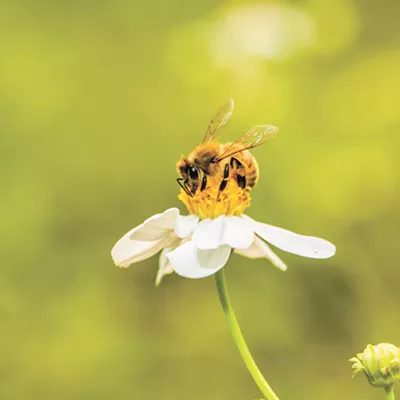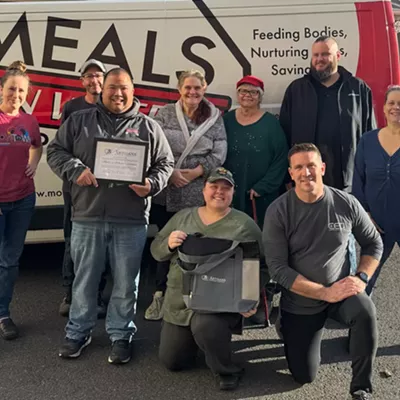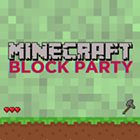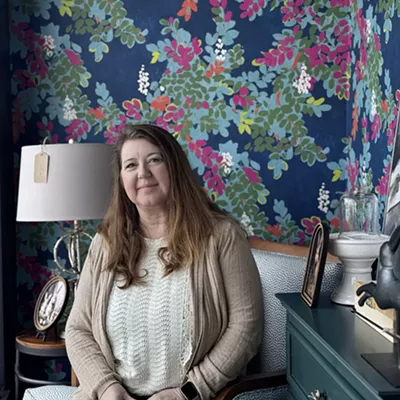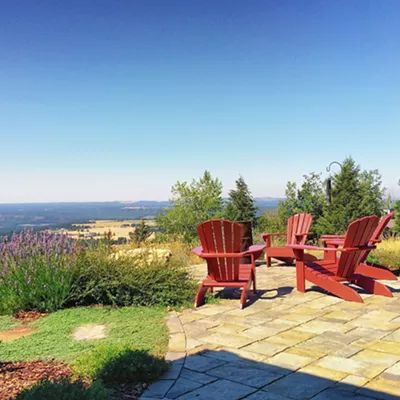Brian Estes is a 2007 Gonzaga University grad with a degree in Environmental Studies and Psychology. As the South Perry Thursday Market's board president, Estes joined us for our meal at the market (see page 27). He's also program manager for Catholic Charities of Spokane's Vinegar Flats Community Farm and co-owner of Ornery Heron Farm.
You're pretty passionate about food! How did that happen?
My mom's family has farmed down in the Walla Walla area for a very, very long time, and so that was something I grew up around. But it was like ‘Farming is what your grandparents did' was my childhood concept of agriculture.
In 2008, I started work with Catholic Charities of Spokane, working with the Vinegar Flats community farm. Our focus there is there is looking at how what's going on with local and urban food systems can make healthy food more affordable and accessible. And talking about how important good food is as a resource, especially for members of our community that are, you know, kind of chronically left out of the good parts of our community. And so my work in the nonprofit side of things led to the Washington Sustainable Food and Farming Network. Through a grant program called Fresh Food in Schools, I'm working with a number of local school districts as they are looking to source more local foods, more Washington-grown foods. And that's, I think, about to become a very, very exciting part of the food conversation around our community.
What's the future?
I really would love to see more conversation around what we could be doing to look at a more regionalized food system as an opportunity for economic growth in and around Spokane and the Inland Northwest. And as a way to continue to build our sense of self-identity as a community, and pride in our local culture. I think this is a really exciting time to be doing what I'm doing. But in the middle of spending all this time talking about food — through Catholic Charities, we grow a big garden — I've discovered that I like, you know, the act of growing food, and the physical labor of agriculture, as least as much as I do the conceptual piece of talking about our food system.
So for the last three summers I've grown produce for about a half a dozen restaurants. And that's what I'm off to next. I've got a couple of drop-offs to do, and then I've got to run up to the farmers market.




